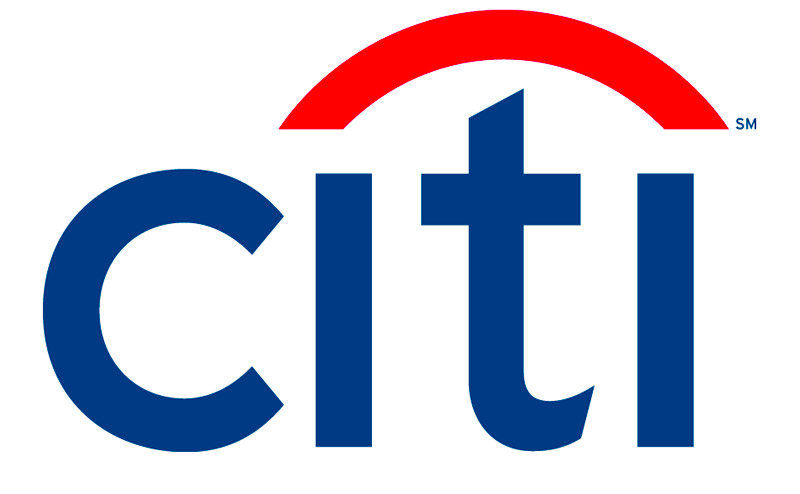 Published December 7, 2017 Latest data from the Census Bureau show rents have risen faster than inflation, gobbling up a larger portion of income than in previous years The cost of rental housing in New Jersey has risen faster than inflation and is consuming an even greater portion of income than ever before, according to new data from the U.S. Census Bureau. One positive indicator from the latest 2016 American Community Survey released today shows that New Jersey has added more rental units and their share of all housing has increased. The data do not indicate, however, what proportion of these are affordable. What is clear, though, is that the median rent paid in the state — $1,213 per month — was 1.3 percent higher in 2012 through 2016, compared with the period from 2007 through 2011, when adjusted for inflation. In more than 100 municipalities, the median rent rose by 10 percent or more, the data shows. At the same time, the proportion of households paying more than 35 percent of income on housing costs, a common measure of affordability, inched up to 44.1 percent. At least half of renters in 160 communities paid more than 35 percent of income on rent. Follow this link to see how rents in your community stack up. The data released today by the census includes very small geographic areas, and the ACS uses five-year averages of data when calculating these estimates to improve accuracy and minimize error margins. Broad range of rents “NJ continues to be increasingly unaffordable for renters, as rents continue to rise but wages don’t,” said Staci Berger, executive director of the Housing and Community Development Network of New Jersey. “We have more millennials living at home than any other state in the country because younger people cannot afford to rent, let alone buy, their own home.” New Jersey has had a law requiring municipalities to provide for some amount of affordable housing for decades, and court decisions that led to that law date back even further. But for 15 years, the state had no valid rules in place, or did little to promote the development of affordable housing. The current administration has taken several outright hostile actions that impeded the construction of units for the low- and moderate-income residents: diverting funds meant for low- and moderate-income units to balance the budget and emasculating the state council that oversaw such matters. Out of reach for renters New Jersey’s median rent did not rise as fast as the national average — 2.2 percent when adjusted for inflation. But rent is about 27 percent more expensive in New Jersey than the national average of $949, according to the ACS data. Still, incomes are higher in New Jersey — a median of $73,702 versus $55,322 for the nation — so the proportion of renters paying more than 35 percent of income for housing here is just slightly higher than the nation’s 42 percent. New Jersey’s courts are now setting affordable-housing quotas, and the rate of construction has been increasing, but a lot more homes are needed. Fair Share Housing Center, which has long been active in advocating for affordable housing both in the courts and out, has estimated the state needs some 200,000 additional units. Advocates are hopeful the incoming administration of Gov.-elect Phil Murphy will make the construction of more affordable housing a priority. “It is absolutely critical to our economic future that the incoming administration support efforts to create more affordable homes,” Berger said. “Our economy cannot thrive if people can’t afford to live here. That’s why we are urging the next administration to help us build a thriving New Jersey, with targeted investments in proven strategies." The next administration Several studies have pointed to the state’s need to increase its rental housing stock, particularly in communities with walkable downtowns and public transportation as this is the kind of housing millennials, in particular, are seeking. The data shows the state did add rental housing between the 2016 ACS and the 2011 ACS: There were close to 85,000 more rental units in 2016, an increase of more than 1 percent. The rental vacancy rate also dropped from 7.9 percent to 5.7 percent. |













